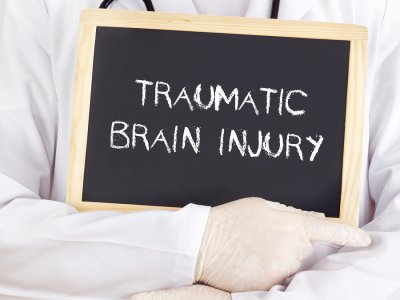A traumatic brain injury (TBI) is often caused by a car accident or other types of accidents that involve severe blows to the head. Severe TBIs can be fatal. When the victim does survive, he or she could face lifelong challenges, and may require intensive medical care and supervision on a 24/7 basis. These care needs are not inexpensive, but there is legal recourse available for victims of negligent acts. Families might consider talking to an auto accident lawyer located in Annapolis about the possibility of filing a personal injury lawsuit. 
Altered Consciousness
One of the many ways a TBI can adversely affect a person is by altering his or her state of consciousness . A severe TBI can knock a person unconscious or even place that individual in a coma. There is no way to predict how long a coma may last or if the individual will wake up at all. A vegetative state can occur due to diffuse brain damage. Rarely, victims of TBIs may suffer from locked-in syndrome, which occurs when the individual is awake and aware of the surroundings, yet is unable to move or speak. Usually, locked-in syndrome is the result of damage to the brainstem and lower brain.
Communication Impairment
Assuming that the TBI patient regains consciousness, he or she is likely to suffer from some degree of communication impairment. Speech and language impairments can be very frustrating for the patient and his or her family members. The patient might have trouble following conversations, understanding speech or writing, or expressing him- or herself through speech or writing. Pragmatic language skills also frequently suffer. These include the abilities to interpret non-verbal cues and use tone, pitch, or emphasis to express the subtleties of meanings.
Intellectual Disabilities
Sometimes, it’s difficult for survivors of TBIs to return to school, work, or their other activities following the incident because of lingering intellectual disabilities. These can include executive functioning problems such as difficulty with solving problems, making decisions, organizing information, beginning or finishing tasks, and multitasking. Cognitive problems are also quite likely after a TBI, including problems with memory, learning, judgment, concentration, reasoning, and mental processing.